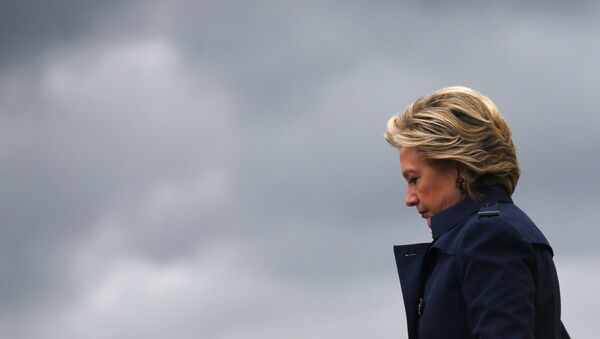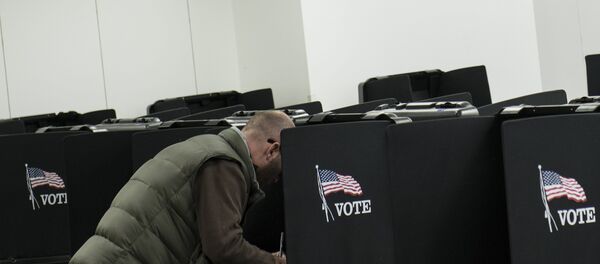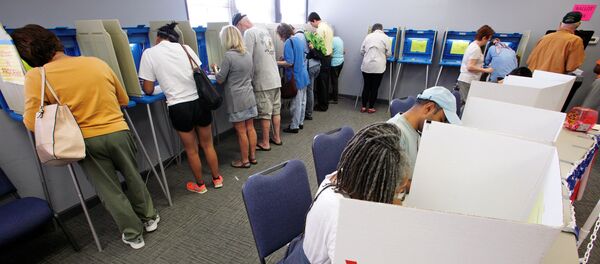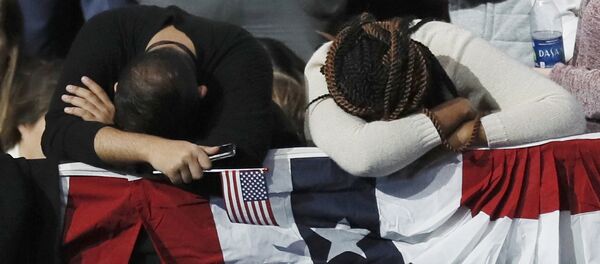The Electoral College is composed of 538 delegates. Each state has a certain number of electoral votes, corresponding to the number of seats — determined by population — it has in the House of Representatives, as well as the Senate, which has two for each state, regardless of population.
Washington DC, which has no representation in the national government, gets three electoral votes.
Delegates to the Electoral College are assigned in a winner-take-all system on a state-by-state basis. Presidential elections in the United States are a race to 270.
The popular vote within a state matters, but the national popular vote does not. It is widely expected that, by the time all the votes are counted, Hillary Clinton will have beaten Donald Trump by approximately one million votes. But because Trump’s votes were spread out among the different states, he won a clear victory, in terms of the Electoral College.
Rob Richie, Executive Director of the advocacy organization FairVote, commented on this result:
"This election underscores that the current system is confusing and frustrating to most Americans. At the same time, there was not a meaningful popular vote for president this year. The major party candidates showered more half their post-convention campaign events in just four states — and Trump in fact won those four states. "
As an alternative, Richie suggested the "adoption of the state-based National Popular Vote plan," referring to the interstate compact proposed by FairVote. In the National Popular Vote plan, "candidates could finally run across the country seeking support everywhere. That would be good for all the voters in ignored states — and ensure that we had a real popular vote election in which the winner should and would become president."
Anecdotal evidence collected by Bob Schlehuber, producer of Radio Sputnik’s By Any Means Necessary with Eugene Puryear, further points to the unpopularity of the electoral college. "After an hour on the street interviewing people a mere two blocks from the White House, I could not find a single person who was in favor of the Electoral College," Schlehuber reported.
As an alternative to the Electoral College, 45 percent of respondents to the Sputnik poll prefer a "one person, one vote" system, in which the national popular vote determines the president. This is by far the most common form of election for countries that have presidential systems similar to the United States.
Another 15 percent believe that the Electoral College should be reformed to blend with the one-person-one-vote system, to create “a hybrid of the two systems.” A further 18 percent of respondents were undecided.
This is not the first time the electoral vote has overruled the popular vote. The 2000 election famously came down to Florida, whose vote was very closely split between Democrat Al Gore and Republican George W. Bush. Gore won the national popular vote by about half a million, but Bush was chosen to be the President.
Other than Bush, Presidents Hayes in 1876, and Harrison in 1888 lost the popular vote but still prevailed in the Electoral College. John Quincy Adams lost both the popular and electoral vote.






